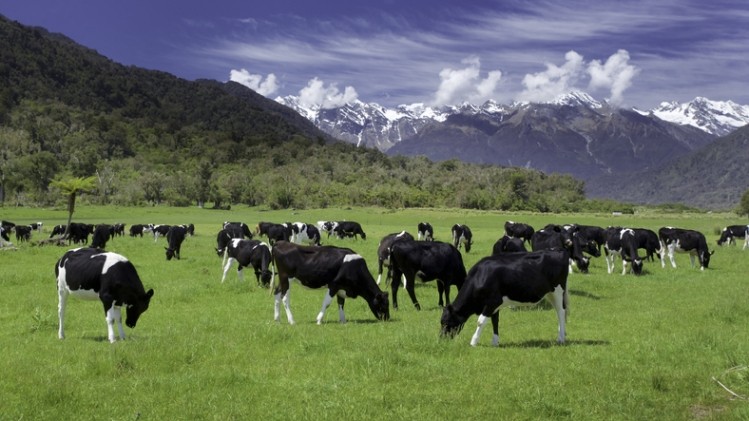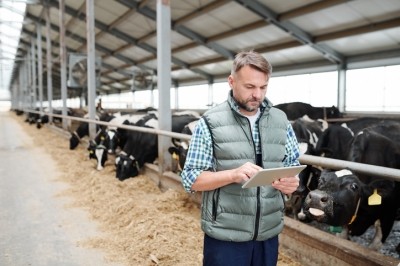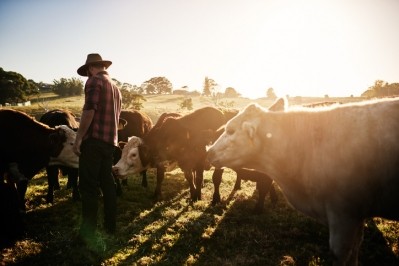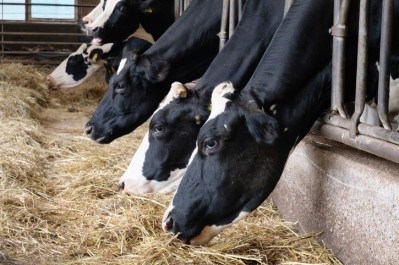Fonterra joins forces with DSM to lower methane emissions in pasture-based cattle farming

Bovaer has been researched and developed for over 10 years by DSM. It is targeted at ruminant production systems. DSM said the additive effectively and consistently reduces methane emissions from cows by over 30%. “The solution has recently been featured by the World Resources Institute as one of the ten global breakthrough technologies that can help to feed the world sustainably.”
Methane is a major challenge for the agriculture sector, particularly in New Zealand, where it makes up almost half of the nation’s greenhouse gas emissions. Finding and applying solutions that would significantly contribute to achieving Paris Agreement commitments and New Zealand Zero-Carbon goals is a key priority, said the companies.
Over the past five years DSM and Fonterra have been working in New Zealand on identifying solutions for a feed additive approach in pasture-based farming systems.
By signing this agreement, Fonterra and DSM said they want to take a next step in their alliance, to accelerate their joint efforts to make Bovaer available to New Zealand farmers.
“This will enable New Zealand to continue to take a leadership role in low carbon dairy production.”
Fonterra’s chief technology officer, Jeremy Hill, said: “We have a long-standing relationship with DSM globally, both in innovation and operations. Several years ago DSM introduced me to Bovaer and we wanted to explore and validate how this could contribute to Fonterra’s global sustainability aspirations.”
When asked what some of the challenges might be in terms of applying the Bovaer product to feed for pasture-based farming systems and how the parties plan to address such obstacles, a spokesperson for DMS told us:
“As a starting point, Bovaer needs to be in the rumen continuously to have its effect, which is immediate. In total mixed ration (TMR) and partial mixed ration (PMR) systems including a product in powder form is hassle-free. In pasture-based settings, we are exploring a number of applications to determine the easiest and most effective route. One of these might be slow release pellets, as they can easily be fed during milking and they allow slow release of the active ingredient throughout the day.
"But there are a range of options being evaluated in this respect.”
Mark van Nieuwland, global program head for DSM Nutritional Products said it is paramount that DSM develops forms and applications of the additive that will work in a broad range of farming conditions, in order to “turn the tide”.








